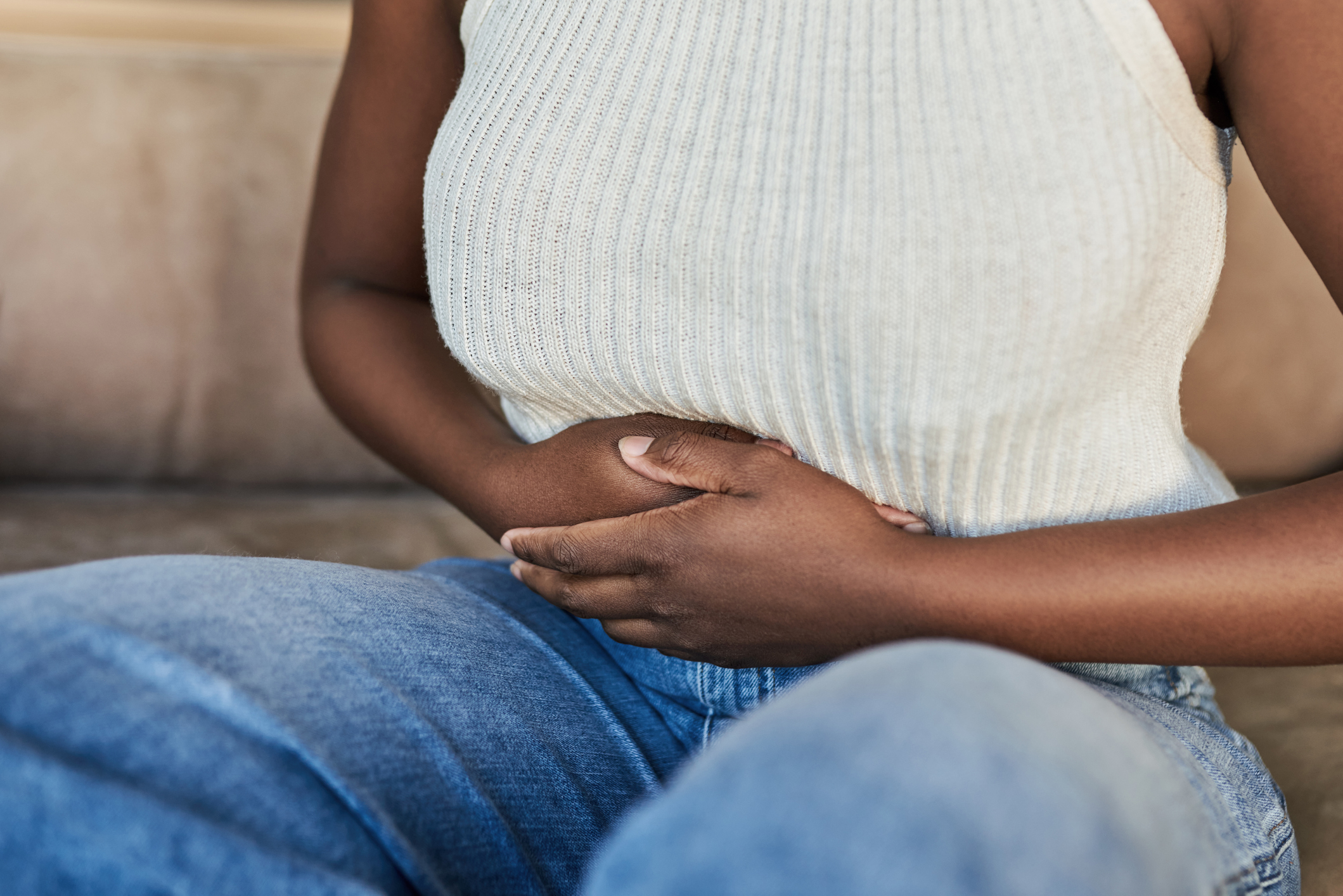
The minister for women’s health breaks down the main symptoms of the five gynaecological cancers.
Few things are more devastating than a cancer diagnosis, shares Maria Caulfield, minister for women's health. She should know - she's worked on a cancer ward for the best part of twenty five years and supported women through diagnosis, treatment, and recovery.
That's why this month's Get Lippy campaign from The Eve Appeal is close to her heart: a national campaign aiming to break down the taboos around gynae health and help women and people with gynaecological organs get symptoms checked.
Here, she speaks exclusively to Marie Claire UK about her ten year plan and how we can make gynae issues a thing of the past. Not only does she want to prevent the five gynaecological cancers, but she wants to help make sure we diagnose them early, too: we know that the earlier you are diagnosed, the higher your chance of survival.
Minister Maria Caulfield: "Over 21,000 women are diagnosed with a gynaecological cancer every year in the UK, yet so many of us don’t recognise the main symptoms."
Few things are more devastating than a cancer diagnosis. During my 25 years as a cancer nurse, I’ve helped women come to terms with the life-changing news and guided them through treatment. As difficult as these conversations are, I know how vital a quick cancer diagnosis can be – the earlier you start treatment, the better your chances of recovering.
More than 21,000 women are diagnosed with a gynaecological cancer every year in the UK, yet so many of us don’t recognise the main symptoms.
This lack of awareness can prove fatal - between 2016 and 2018, over 4,000 women died from ovarian cancer.
Yet 93% of women will survive the disease for five years or more if diagnosed at the earliest stage. 8th May marked World Ovarian Cancer Day, and I am now urging you to get familiar with the symptoms and speak up if you have concerns.
Celebrity news, beauty, fashion advice, and fascinating features, delivered straight to your inbox!
Just under half of people know that bleeding after sex is a red flag symptom of ovarian cancer, according to the gynaecological cancer charity The Eve Appeal. And only a third of people are aware that persistent bloating is also of one of the key symptoms.
Sadly, this is the same with all gynaecological cancers – one in three people can’t name a single one of these diseases and just two per cent can name all five - womb, ovarian, cervical, vulval and vaginal. We must improve awareness of these cancers.
I would like more women to be able to recognise the key symptoms to look out for:
- Persistent bloating
- Changes to bowel habits
- Vaginal discharge
- Persistent vulval or vaginal itch
- Any changes to the look or feel of the vulva and vagina.
While there might be a variety of potential causes, it is always better to speak to a healthcare professional as soon as you can.
I know getting these symptoms checked out can feel intimidating and awkward - but I promise you, as a cancer nurse, it’s nothing we haven’t seen before. We will always try to put you at ease, help make you feel comfortable and listen without judgement. It’s always better to come forward and speak to your GP or nurse if you notice a change or are worried.
So what happens if your symptoms need to be checked out further?
For ovarian cancer, the NHS can carry out blood tests and scans and your GP may refer you to a specialist in a hospital if they think it needs to be investigated. You can do a variety of things to lower your risk of ovarian cancer, including staying at a healthy weight and talking to your GP about possible tests or treatment if ovarian cancer runs in your family.
The only way to properly diagnose womb, vulval and vaginal cancers is by taking a sample of the tissue lining the womb, referred to as a biopsy. Some women can find these tests uncomfortable and invasive, so please don’t be afraid or ashamed to talk to a health professional if you’re feeling overwhelmed.
Women aged 25 to 64 are invited to a smear test every three to five years to check for any changes that could indicate cervical cancer - the most common cancer in women under the age of 35. Our incredible NHS Cervical Screening Programme saves 5,000 lives each year in England so please don’t ignore that envelope when it lands on your door – not all tests are capable of picking up cancer, and regular screening is the best way of preventing the disease from developing.

I want to help tackle the fear of cancer and break down barriers around the fear of a cancer diagnosis. This will allow women to have more open conversations with their friends, family and doctors – ultimately helping to save more lives.
Our Women’s Health Strategy will be published later this year and is part of a wider effort to tackle the gender health gap. For generations, women have lived in a healthcare system primarily designed by men. Part of the strategy will seek to raise awareness of gynaecological cancers, including barriers to accessing high-quality, up to date information on risk factors for female cancers.
Shockingly, more than 84 percent of women who took part in our call for evidence felt there were times when they were not listened to by healthcare professionals – and just 14 percent felt they had enough information on gynaecological cancers.
This summer, we will also set out our ten year cancer plan – which aims to radically improve outcomes for cancer patients through early diagnosis and innovative treatments.
Familiarise yourself with the symptoms and if you have health concerns, please don’t suffer in silence. The NHS is here to help you and a simple conversation with a GP could save your life.
More about The Get Lippy campaign
The Eve Appeal is the only UK charity raising awareness and funding research into the prevention and earlier diagnosis of all five gynaecological cancers- ovarian, womb, cervical, vaginal and vulval. It was set up to save lives by funding ground-breaking research focused on developing effective methods of risk prediction, earlier detection and screening for these little-known and under-funded cancers.
Head to eveappeal.org.uk for more information.

Ally is Marie Claire UK's Senior Health and Sustainability Editor, a well-regarded wellness expert, ten-time marathoner, and Boston Qualifying runner.
Utilising her impressive skillset and exceptional quality of writing, she pens investigative, review and first-person pieces that consistently demonstrate flair and originality.
As well as writing, Ally manages a team of freelancers, oversees all commissioning and strategy for her pillars, and spearheads the brand's annual Women in Sport covers, interviewing and shooting the likes of Mary Earps, Millie Bright, and Ilona Maher. Shortlisted for three BSMEs and winning one in 2022, Ally lives and breathes her verticals: her eye for a story and connections within the wellness sphere are unrivalled. Follow Ally on Instagram for more.
